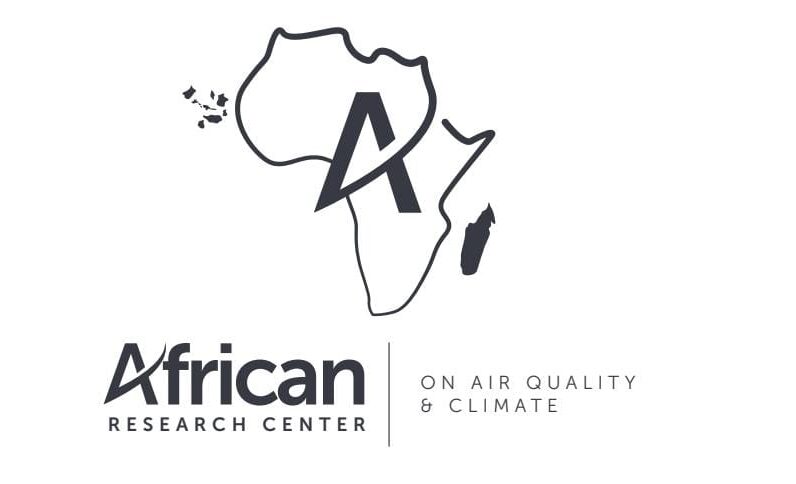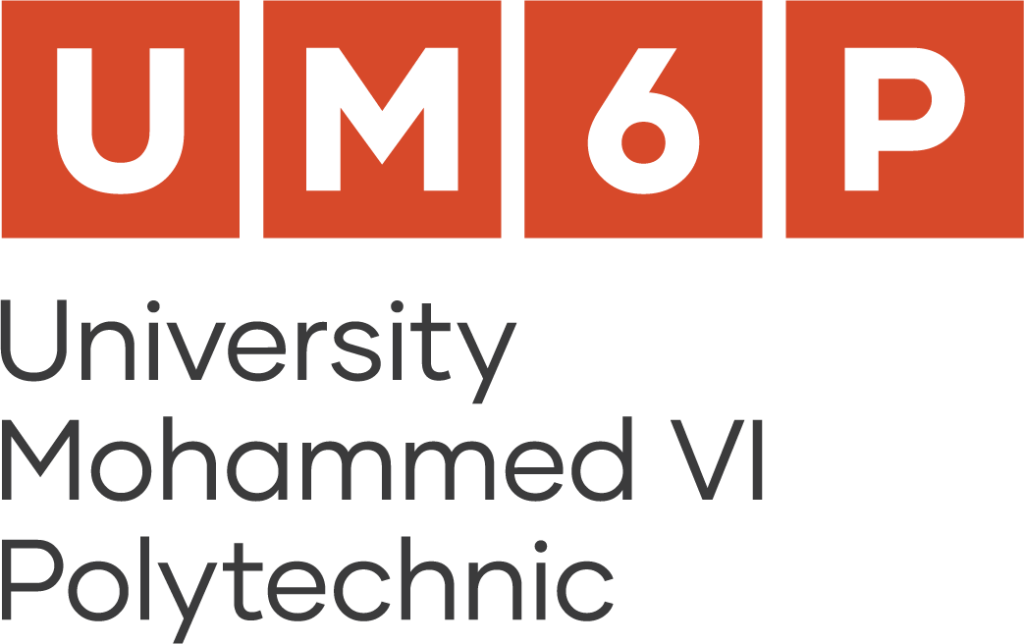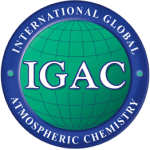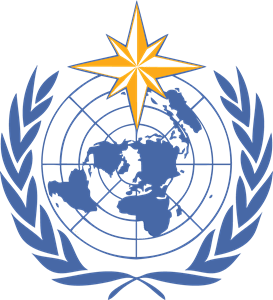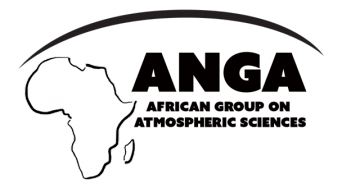Research
Showcase recent scientific advancements in understanding the connections between atmospheric chemistry, climate change, and meteorological/hydrological extremes.
Enforcement
- Identify the underlying mechanisms that drive observed environmental changes associated with weather/climate and atmospheric composition.
Society
Determine how scientific breakthroughs can improve global governance and facilitate collaboration among scientists, professionals and practitionners.
Participation
Encourage early career scientists actively engaged in interdisciplinary studies, fostering a collaborative environment.
The second international conference on Chemical Weather and Chemical Climate

Experts from the scientific and educational communities, policy makers, and practitioners will engage in climate, environment, and public health. Representatives of the public and private sectors, and other stakeholders, will participate during the Second International Conference on Chemical Weather and Chemical Climate (CWCC) in Benguerir, Morocco, from 14 to 16 October, 2025.
The conference focuses on Science, Risks, Impacts, Health, and Governance Associated with Sustainable Developments, particularly the differences between regions. Recognizing the challenges posed by climate change, air quality, and their interactions in achieving resilience and sustainable development, this conference is a collaborative effort among international organizations, government agencies, researchers, practitioners, and the public and private sectors.
Topics to be covered during the conference:
- Emissions and Atmospheric Transformations: Exploring the emissions and physical-chemical transformations of atmospheric components and their implications.
- Chemical Weather and Climate Forecasting: Simulation and prediction of chemical weather and climate, including their impacts on ecosystems and human health.
- Interconnected Challenges: Addressing the combined effects of climate change, extreme weather events, and air pollution.
- Innovative Solutions: Highlighting technical innovations, such as AI, for reducing the impacts of chemical weather and climate.
- Equity and Justice: Strategies for mitigating disparities faced by communities exposed to heightened climate and environmental risks.
- Co-Benefits Approach: Integrating mitigation and adaptation strategies for air quality and climate through co-benefit frameworks.
- Sustainable Urban Development: Advancing towards climate-smart, sustainable cities through interdisciplinary solutions.
- Pathways for Governance: Building coordinative pathways for climate-environment-health and climate-environment-carbon neutrality governance.
- Global Collaboration: Promoting partnerships for cross-sectoral approaches and collaboration with stakeholders worldwide.
- Policy Translation: Leveraging research achievements to inform and enhance policy-making and governance for impactful outcomes.
Conference Chair
- Prof. Wahid Mellouki: Mohammed VI Polytechnic University.
- Dr. Rajesh Kumar: NSF-National Center for Atmospheric Research, Co-chair of MAP-AQ.
- Prof. Renhe Zhang: Academician of Chinese Academy of Sciences (CAS), Dean of Institute of Atmospheric Sciences, Fudan University.
Scientific Committee
- Wahid Mellouki: Full Professor at UM6P, Head of the African Research Center on Air Quality and Climate.
- Guy Brasseur: Senior Scientist at Max Planck Institute, Co-chair of MAP-AQ Project.
- Rajesh Kumar: Deputy Director, NSF-National Center for Atmospheric Research, USA.
- Huiling Ouyang: Department of Atmospheric and Oceanic Sciences, Fudan University.
- Xu Tang: Senior Engineer at FDDI, Fudan University.
- Renhe Zhang: Dean, Institute of Atmospheric Sciences, Fudan University.
- Kenza Khomsi: Senior Researcher on Climate, Air Quality, and Health.
- Saâd Tazi: Head of OMAC, UM6P President’s Office Member.
- R. Subramanian: Center for Study of Science, Technology and Policy (CSTEP), Sector Head – Air Quality, Bengaluru, India.
- Tong Zhu: College of Environmental Sciences, Peking University.
- Jianmin Chen: Professor at Fudan University.
- Christian George: Research Director at CNRS-IRCELYON, France.
- Hartmut Herrman: Professor at Leibniz Institute for Tropospheric Research, Germany.
- Lahouari Bounoua: NASA Goddard Space Flight Center.
- Maria de Fatima Andrade: IAG, University of Sao Paulo.
- Laura Gallardo: Center for Climate and Resilience Research (CR2), Universidad de Chile. IPCC bureau member.
- James Crawford: NASA Langley Research Center.
- Steve Brown: NOAA Chemical Sciences Laboratory.
- Rebecca Garland: University of Pretoria, South Africa.
- Cathy Liousse: Research Director at CNRS, France.
- Langley Dewitt: Director IGAC.
- Paolo Laj: World Meteorological Organization (WMO), Global Atmospheric Watch (GAW).
- Xiaoye Zhang: Academician of Chinese Academy of Engineering (CAE), Chinese Academy of Meteorological Sciences, co-chair of IPCC.
- Hiroshi Tanimoto: National Institute for Environmental Studies, Japan.
- Jérôme Chenal: École Polytechnique Fédérale de Lausanne EPFL/UM6P.
Invited Keynote Speakers
- Zakaria Hachlaf – Secretary General, Ministry of Energy Transition and Sustainable Development – Kingdom of Morocco (To Be Confirmed, TBC)
- Elisabeth Moreno – Former French Minister for Gender Equality, Diversity and Equal Opportunities (TBC)
- Rajesh Kumar – National Center for Atmospheric Research, Boulder – Colorado
- Robert Vautard – Institut Pierre-Simon Laplace (IPSL), IPCC WG1 Co-Chair (TBC)
- Kenza Khomsi – Independent Senior Researcher on Climate, Air Quality and Health
- Jérome Chenal – École Polytechnique Fédérale de Lausanne (EPFL)/UM6P
- Eloise Marais – University College London (TBC)
- Haidong Kan – Fudan University, Shanghai
- Jeff Sacks – Columbia University, New York (TBC)
- Mokssit Abdalah – World Meteorological Organization (WMO)
- Tong Zhu – Peking University (PKU) (TBC)
- Guy Brasseur – Max Planck Institute, MAP-AQ Co-Chair
- Paolo Laj – World Meteorological Organization (WMO), Global Atmospheric Watch (GAW) (TBC)
Countdown to Conference
- days
- Hours
- Minutes
- Seconds

Sustainable Development in Africa
Mohammed VI Polytechnic University (UM6P) is at the forefront of sustainable development in Africa, leveraging its cutting-edge research, innovation, and education to address the continent’s pressing challenges. UM6P focuses its programs on sustainable agriculture, climate, renewable energy, water management, and green technologies, emphasizing solutions tailored to African contexts. Through its initiatives and various experimental infrastructures, UM6P supports the transition to sustainable practices while promoting economic growth, resilience, and environmental sustainability across Africa.
